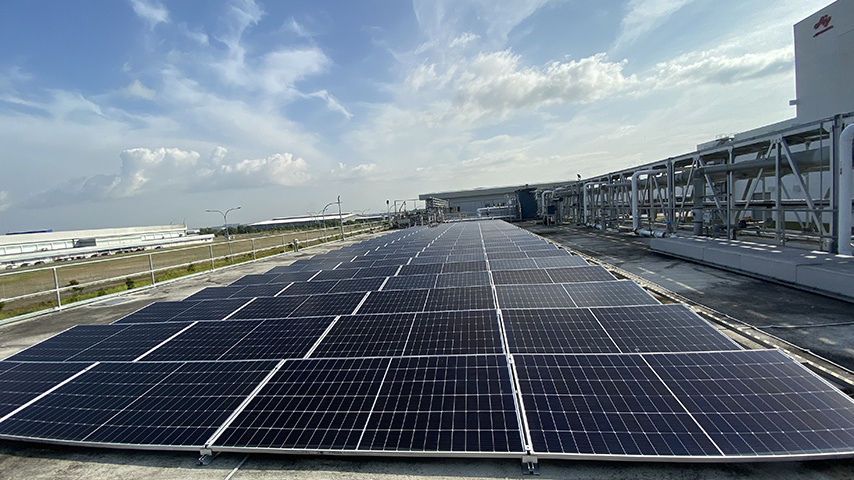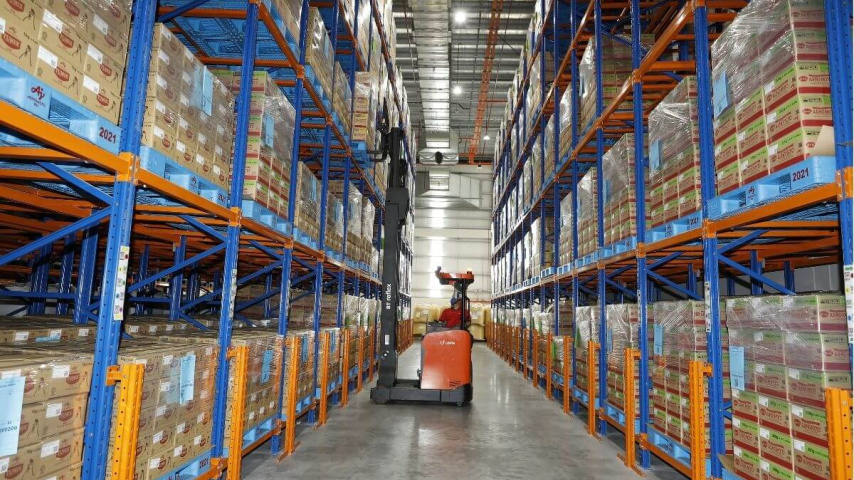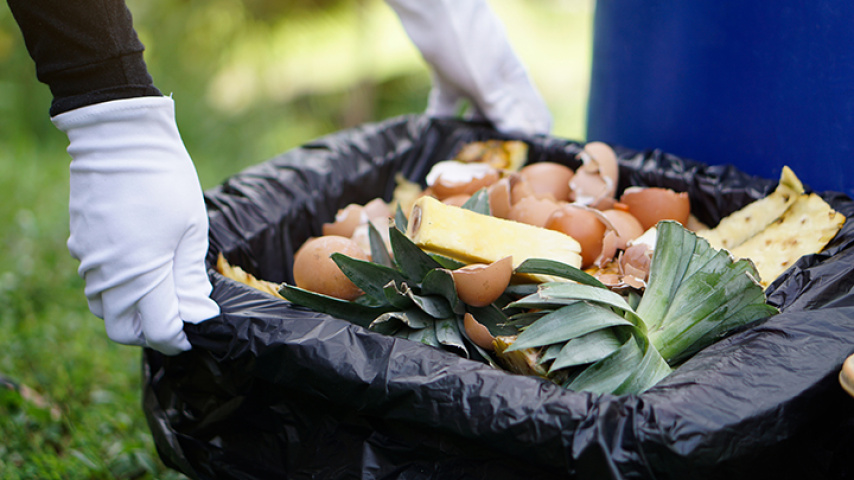Food Security and Sustainability
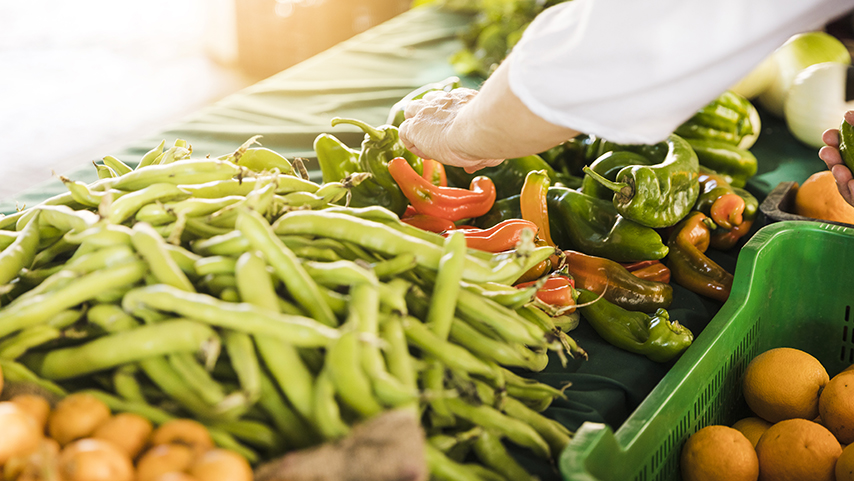
The Global Food Security Index 2022 positioned Malaysia 41st out of 113 countries, earning an overall score of 69.9. In terms of affordability, Malaysia ranked a commendable 30th with a score of 87 while for food availability, it held the 56th spot with a modest score of 59.5. The country fared well in quality and safety, occupying the 38th rank with a decent score of 74.7. Yet, on the sustainability and adaptation front, it sat at the lower end - ranking at 57 and scoring only 53.7.
What is Food Security?
Food security is the notion of 'ensuring that all individuals have consistent access to sufficient and nutritious food for maintaining an active and healthy life. This concept surpasses hunger, encompassing not only the physical presence of food but also the capability to attain it.
It's pivotal to recognise that while hunger can result from food insecurity, not all individuals facing food insecurity experience hunger. Both hunger and food insecurity are critical predicaments that carry profound repercussions for individuals, families, and communities alike.
Components of Food Security
According to FAO or Food and Agriculture Organization, food security comprises four essential components: availability, access, utilisation, and stability. A balanced synthesis of these elements ensures a steady supply of nutritious food to all people at all times, thus underpinning health and well-being.
- Availability: Primarily relates to the existence of adequate food supplies. Here you have factors like the physical presence of food through domestic production or importation. Varied climatic conditions and farming methods profoundly impact this component.
- Access: Signifies the ability to procure adequate resources for obtaining food. Affordability largely determines this aspect of food security - income levels, distribution networks and market prices prove crucial in defining 'access'.
- Utilisation: Geared towards how our bodies consume and metabolise nutrients from the food we ingest. Proper sanitation facilities and clean water are indispensable for unlocking nutritional values in what we eat; they help reduce illnesses that can interfere with nutrient absorption.
- Stability: Aspects of availability, access, and utilisation must be consistent to guarantee true food security. Unfortunately, external shocks like economic instability or environmental disasters can disrupt this equilibrium.
Addressing Food Insecurity Issues in Malaysia
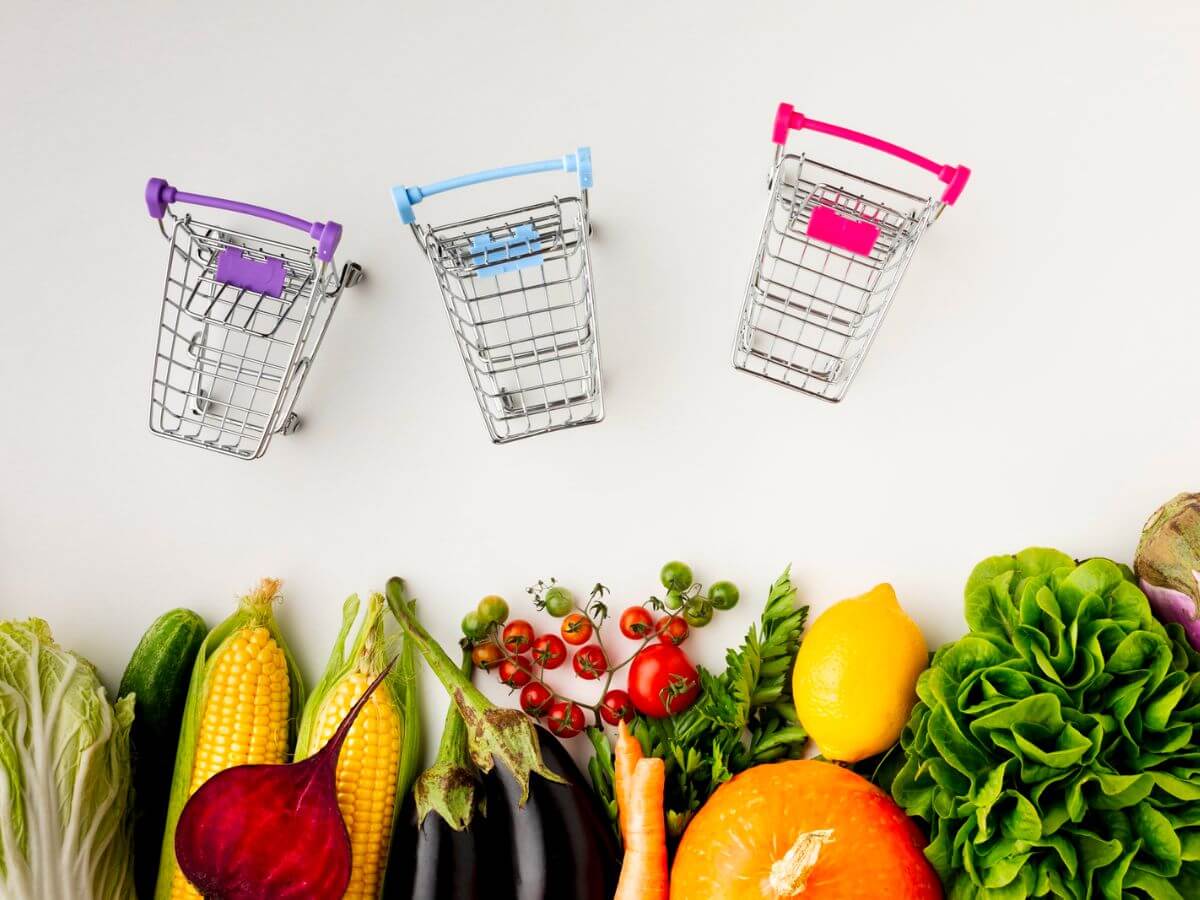
Food security directly influences public health and communal well-being. Without access to nutrient-rich foods in adequate quantities, communities can't thrive. Malnutrition rates rocket up, leading to an increase in susceptibility to diseases and overall health degradation.
Like many other countries, Malaysia faces the escalating menace of food insecurity. The 2023 Global Hunger Index indicated a moderate hunger level for Malaysia, which slightly intensified from a score of 12.0 in 2015 to 12.5 in 2023. This uptick is presumably due to the pandemic's impact on food accessibility.
It's alarming to notice how climate change also has become its greatest nemesis in achieving sustainable food security. The nation grapples with roaring floods, newly emerging pests & diseases because nature's scales are tipping off balance. The soaring temperature robs soil fertility while unpredictable rain patterns disrupt harvesting cycles.
If equitable distribution of affordable, nutritious food continues to be a challenge for Malaysia, projections say they could see a massive expansion in their food security gap - hitting around 40% within four decades.
Improving Food Security in Malaysia
Food insecurity is potentially on the rise in Malaysia, necessitating proactive measures to alleviate its impacts. Here are several actionable strategies that can contribute significantly.
- Strengthen the Food Supply Chain: Malaysia's food supply chain is susceptible to disruptions stemming from factors like natural disasters. To fortify this vital network, we could invest in critical infrastructure in advance to ensure a steady and dependable flow of sustenance.
- Reduce Food Waste: The issue of food waste looms large in Malaysia, with an alarming estimate that up to 40% of the country's food production goes to waste. We could be curtailing this wastage by educating consumers about proper food storage and preparation techniques.
- Promote Sustainable Diets: Raising awareness among consumers about the ecological ramifications of their dietary choices. This could involve providing subsidies for wholesome foods like fruits and vegetables and encouraging healthier eating patterns that contribute to a more sustainable future for all.
Ajinomoto Malaysia’s Contribution to Strengthen the Food Systems
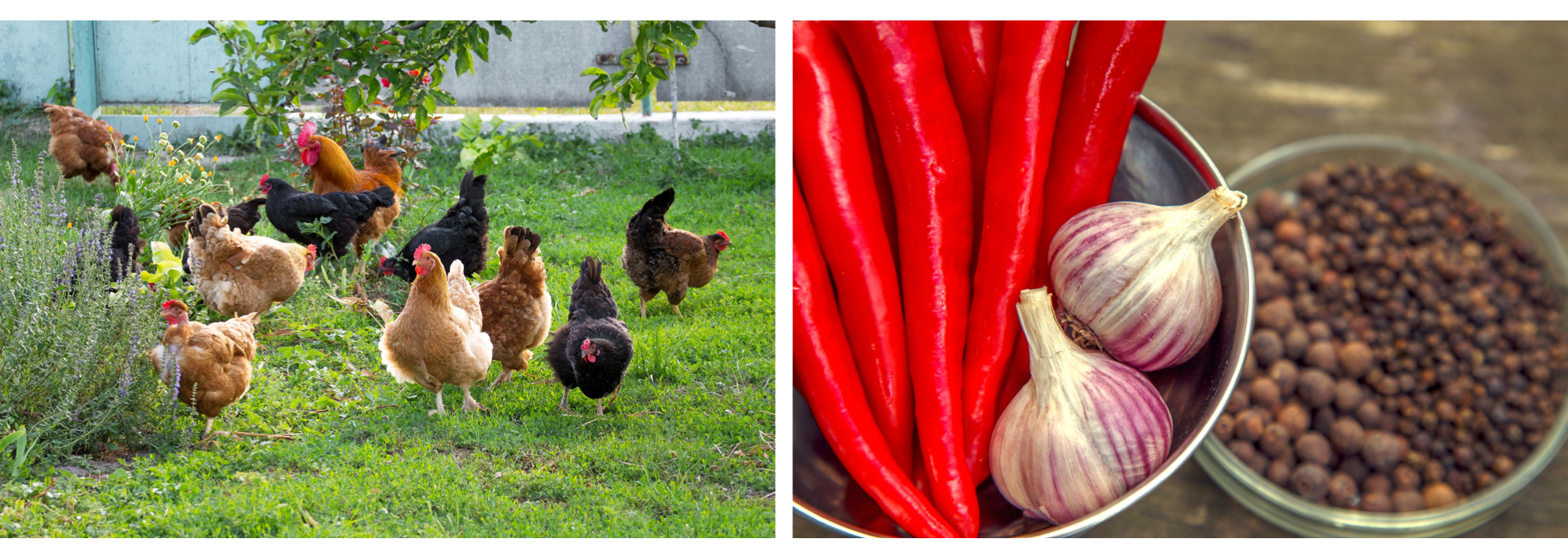
Ajinomoto Malaysia Berhad (AMB) is leading the charge by leveraging advanced technology to revolutionise food production to pursue a more world food security future. AMB is taking the initiative in contributing to reducing the impact on the environment and provision of sustainable food supply by effectively utilising natural resources.
Our specialty ingredient solution can partially replace natural resources (chilli, garlic, onion, chicken, beef & etc) while maintaining product quality and achieving cost-effectiveness with minimum impact on social living.
Acknowledging technology's pivotal role in addressing global food security challenges, AMB’s food security initiative is a testament to our dedication to elevating food productivity and consumption via cutting-edge technology and we take the initiative to amplify the availability of top-tier food items through process optimisation, streamlined production, and waste reduction.
By harnessing advanced technology, AMB exemplifies how innovation, resourcefulness, and unwavering sustainability commitments can avert a future marked by food insecurity.
